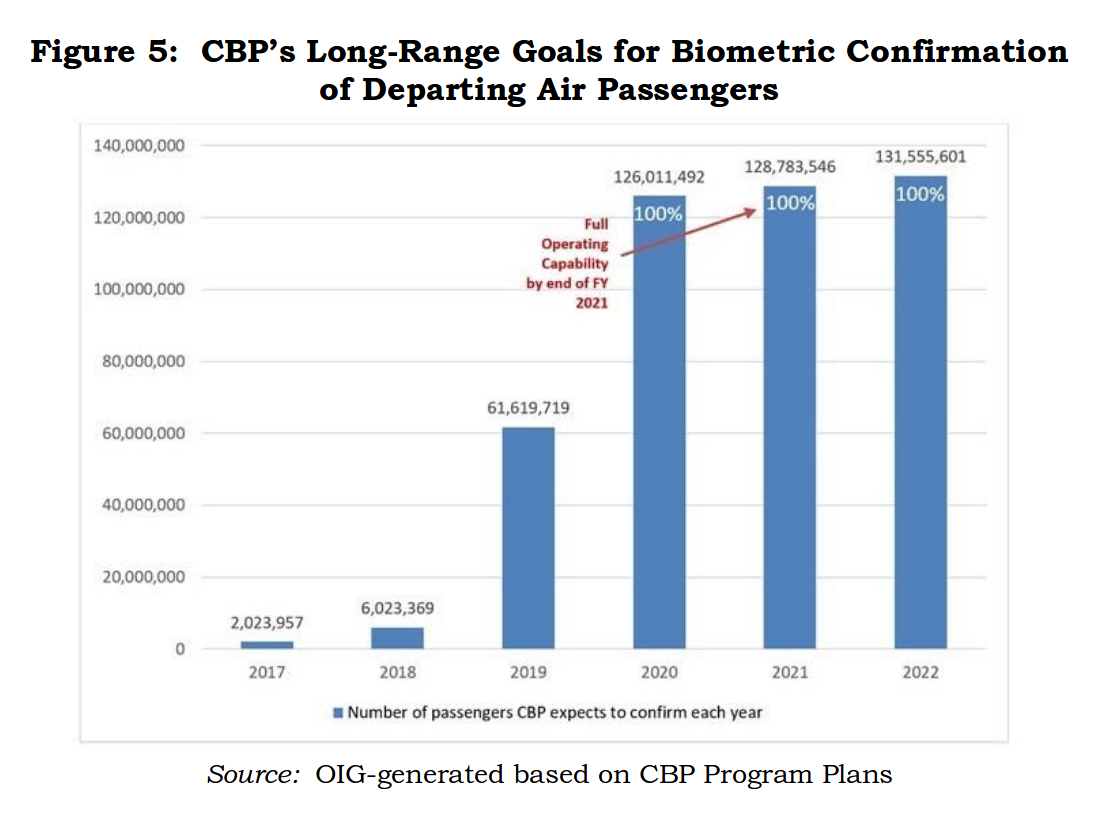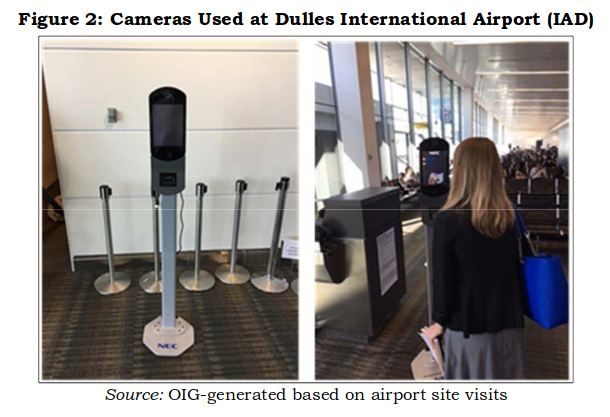3rd Circuit to reconsider impunity of TSA checkpoint staff
Good news: The 3rd Circuit Court of Appeals has decided to reconsider whether, as a panel of that court decided earlier this year, TSA checkpoint staff should have legal impunity to assault or otherwise violate the rights of travelers without consequences.
When it was issued in July 2018, we said that “The details of the opinion dismissing Ms. Pellegrino’s complaint might be described charitably as arcane, and uncharitably as twisted.” There was a well-argued dissent by one of the three members of the panel.
The majority of the panel recognized that the job of TSA checkpoint staff is to search travelers, but then somehow managed to conclude that they aren’t “officer[s] of the United States who [are] empowered by law to execute searches.” The majority of the panel also went outside the factual record to base their decision on false speculation that TSA checkpoint staff don’t conduct searches for general law enforcement purposes.
Based on these arguments and “facts”, the panel majority found that TSA staff are immune from lawsuits for travelers, even if they admit to assaulting travelers.
The decision by a majority of the judges of the 3rd Circuit to grant rehearing en banc in the case of Pellegrino v. TSA voids the original opinion by a three-judge panel. The appeal will now be re-argued de novo, after new briefing, before all of the judges of the 3rd Circuit.
Let’s hope that the full court gets it right this time, and recognizes that TSA checkpoint staff are not above the law.

